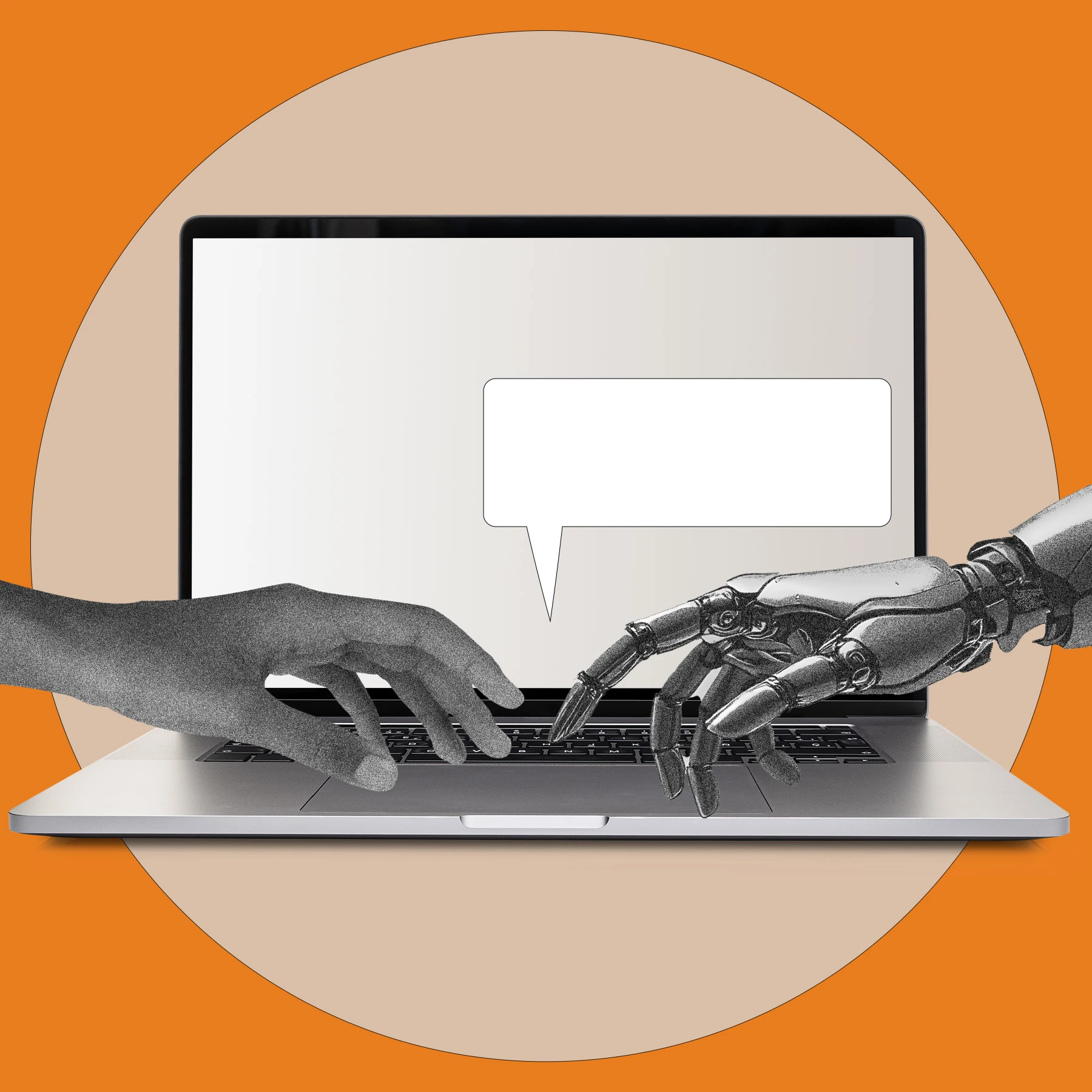Can an AI chatbot help customer service representatives, well, be more human? Maybe so, suggests a new study that adds to a chorus of findings on how businesses can best tap the new technology.
Researchers at Harvard Business School analyzed a year’s worth of online chat conversations between a meal delivery company and its customers to determine how AI affects response times and customer service.
According to their study, AI helped human agents respond to chats some 20 percent faster—improving performance even more for less experienced agents. And, the technology helped humans reply with more empathy and thoroughness—uniquely human service strengths with the potential to positively impact revenue and profitability by making for happier customers.
You should not use AI as a one-size-fits-all solution in your business, even when you are thinking about a very specific context such as customer service.
Companies from banks to boutiques have been turning to chatbots, hoping that AI can provide faster, cheaper, and more accessible service. However, recent findings point to a growing understanding that AI currently works best as a complement to human intelligence, rather than a replacement. Although AI iterates and improves rapidly, concerns about biased large language models and misleading results suggest that leaders might need to proceed cautiously.
“You should not use AI as a one-size-fits-all solution in your business, even when you are thinking about a very specific context such as customer service,” says HBS Assistant Professor Shunyuan Zhang. “As the paper shows, there are boundaries, and the effects of AI vary across different customer intents.”
Zhang worked with Das Narayandas, the Edsel Bryant Ford Professor of Business Administration at HBS, on “Engaging Customers with AI in Online Chats: Evidence from a Randomized Field Experiment,” which is forthcoming in Management Science.
How AI improves customer service
The study focused on the delivery company’s use of an agent-based support AI tool developed by Loris.ai, a New York-based firm that aims to make customer service more human. Some agents received real-time response suggestions from the AI tool, while others did not.
The tool began as an AI crisis hotline designed to manage difficult conversations with empathy and appropriate suggestions. It was trained on a database of more than 3 million diverse customer-service situations to recommend responses with four basic steps: an offer to help, an apology, a validation formula, and gratitude.
The researchers designed an experiment involving 138 customer service agents at an unnamed meal delivery company. They analyzed 256,934 online chat conversations between December 2020 and November 2021 for efficiency and customer sentiment. Customer sentiment was evaluated by the AI tool based on emotional tone at the beginning and end of the interaction.
Agents who used AI-based suggestions experienced:
- 22%Drop in response times, even as agent-customer interactions increased
- 0.45 ptsIncrease in customer sentiment on a five-point scale, compared with agents without AI
- 70%Decline in response time
- 1.63 ptsIncrease in customer sentiment
Engaging Customers with AI in Online Chats: Evidence from a Randomized Field Experiment
Zhang, Shunyuan, and Das Narayandas. "Engaging Customers with AI in Online Chats: Evidence from a Randomized Field Experiment." Management Science (forthcoming).



